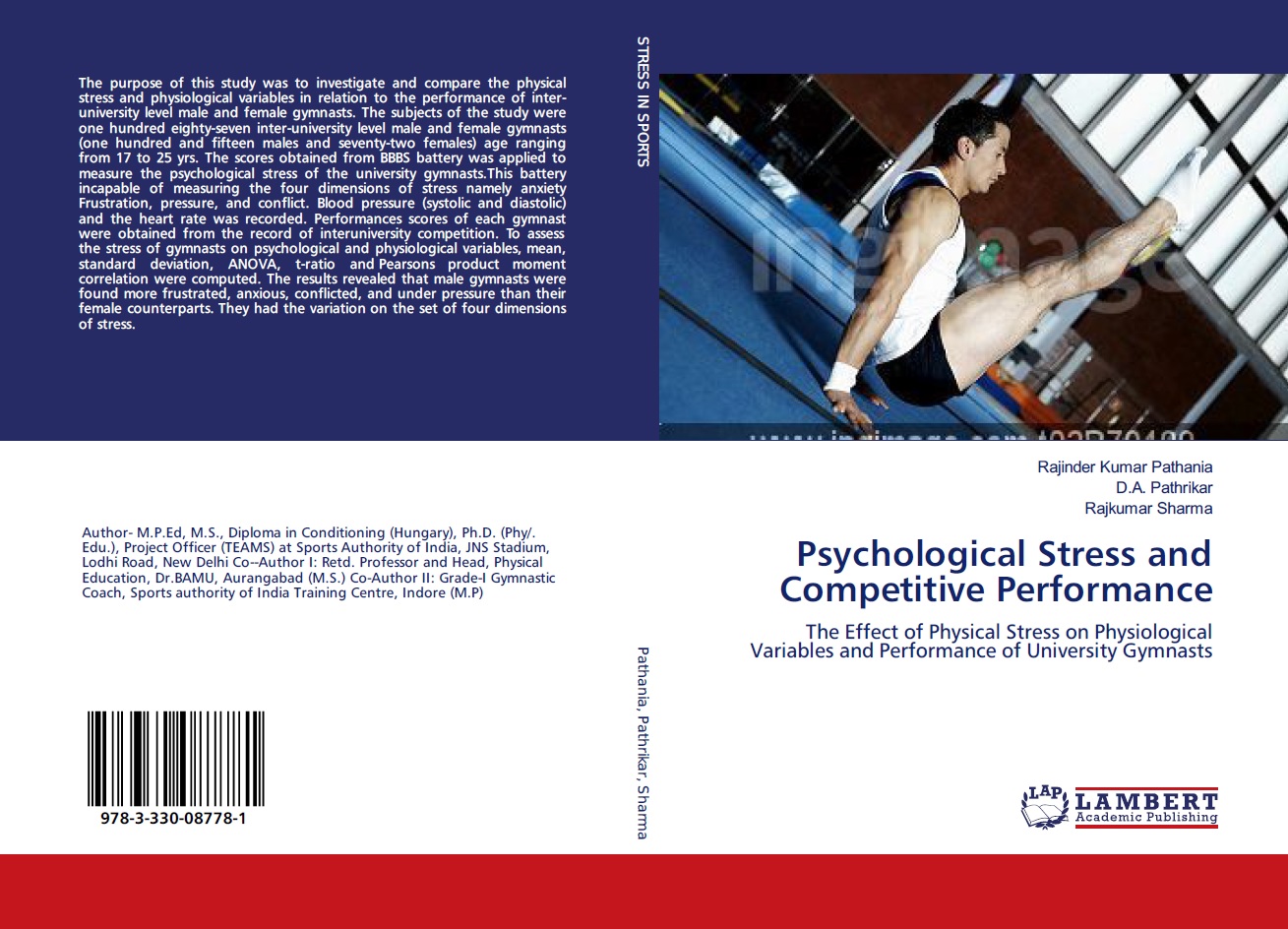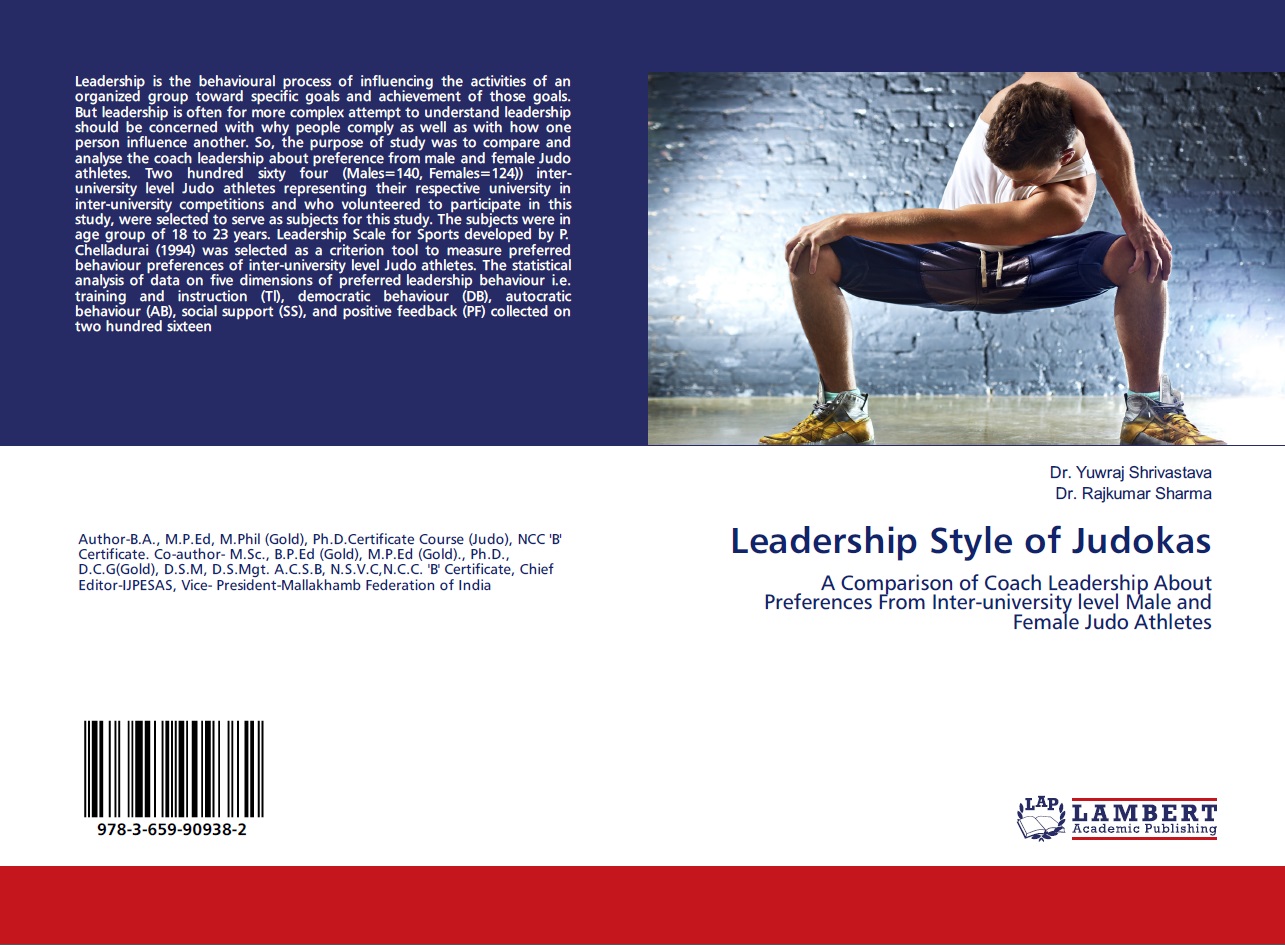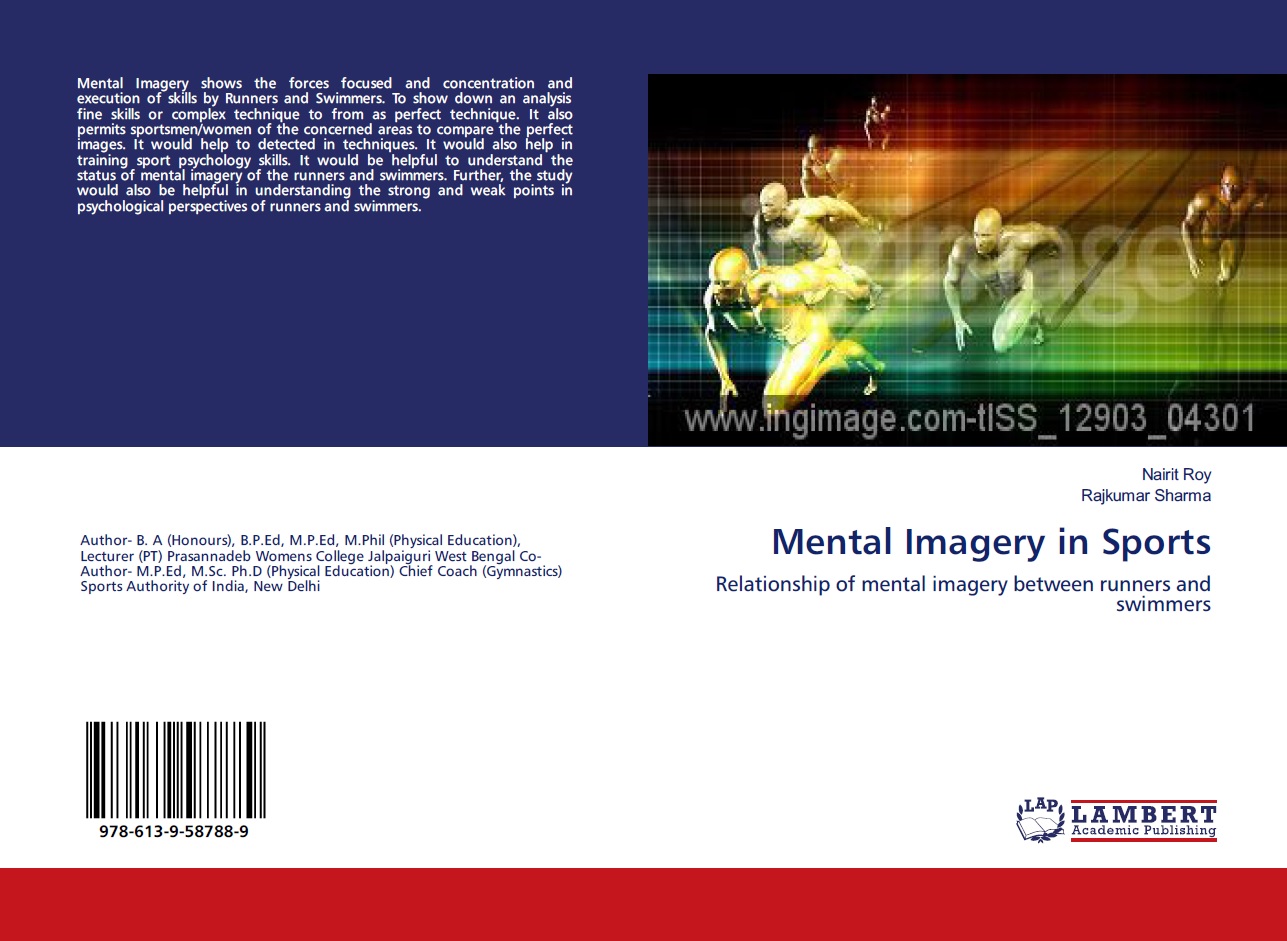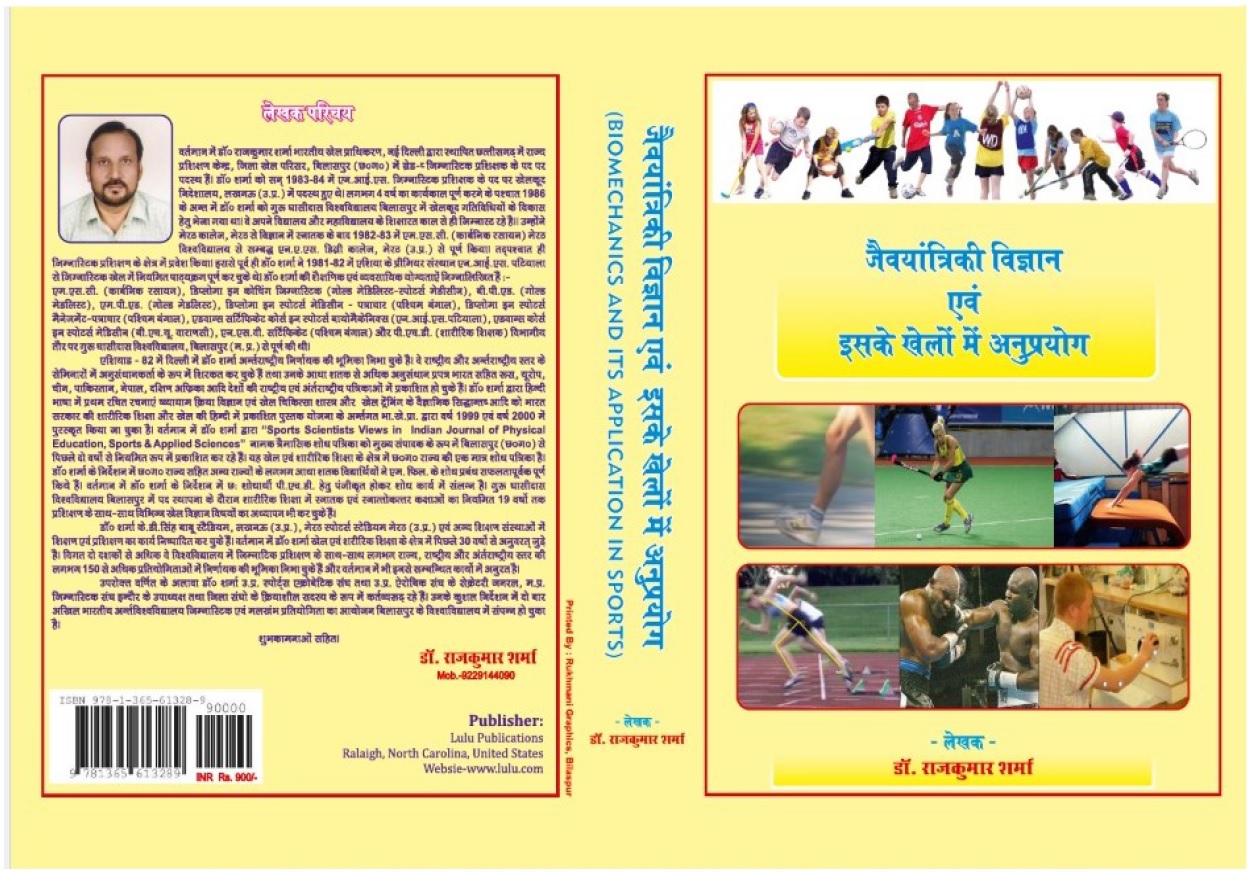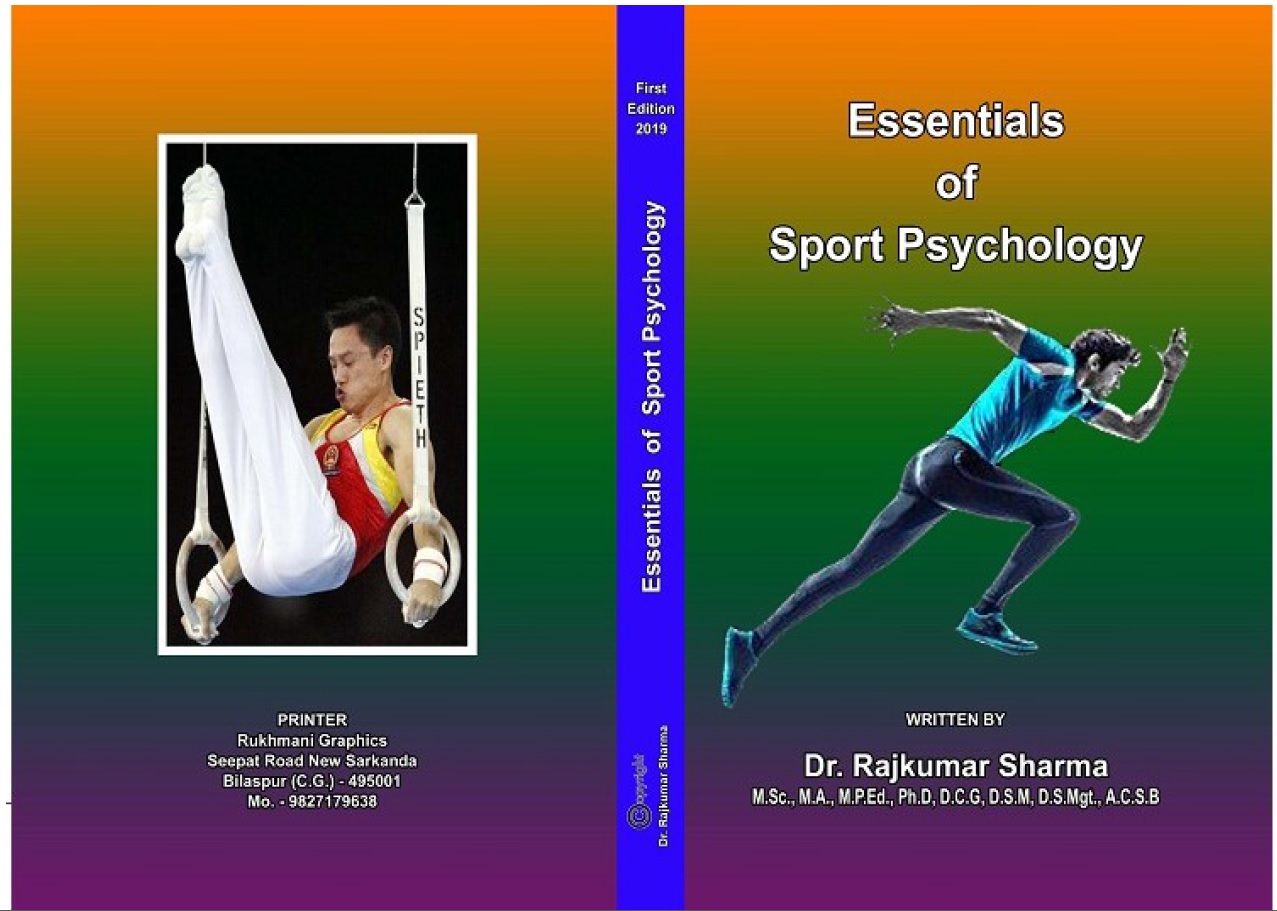| S.No. | Total View Count | Title of Manuscript | Page No | Download/ PDF |
|---|---|---|---|---|
| 1 | A COMPARATIVE STUDY OF TEAM SPIRIT AT VARIOUS LEVELS AMONG INDIAN MALE VOLLEYBALL PLAYERS Author: Dr. Dattatray Nivrutti Shimpi1 | 27-33 |  6 6 |
Article info
doi no.: 05-2016-44975451; DOI Link :: https://doi-ds.org/doilink/09.2023-99523443/IJPESAS/VOL 13/NO. 1/JAN./2023/A4
AFFILIATIONS:
1 Director of Physical education and Sports, KKHA Arts, SMGL Commerce & SPHJ Science College Chandwad. Dist Nashik ( Maharashtra) dn.shimpi@gmail.com Mobile-9689092092
Background : A team as a work group or unit with a common purpose through which members develop mutual relationships for the achievement of goals/tasks. It requires the sharing of talent and leadership, the playing of multiple roles. Aim : The purpose of the study was to explore the team spirit of Indian male volleyball players. Sample: A sample consisted of two hundred and thirty four Indian volleyball players to serve as subjects for this study. The subjects were in age group of 19 to 21 years. The subjects were selected from amongst the National Volleyball Competitions who had already represented their respective state team in senior national level volleyball competitions held at different corners of India) during the sssion 2017- 2019. Data Collection: To collect the reliable data from the sample, the Team spirit Questionnaire developed by Matt M. Starcevich (1999) was employed on Indian Volleyball players to explore the sports team spirit. .Statistical Technique: To assess the sports team spirit of Indian male volleyball players, mean, standard deviation, and t-ratio were computed. Results: High level team spirit was shown to be more prevalent among Indian male volleyball players, followed by medium and low levels. There was a notable difference among Indian male volleyball players between high level team spirit, medium level team spirit, and low level team spirit; and between medium level team spirit and low level team spirit. Conclusion: The highest level of teamwork was displayed by the male volleyball players from India, which contributed to their exceptional achievement.
Key words: Sports, Team Spirit, Indian Male, Volleyball Player, Competition.
References
Fuoss Donald E. and Tropmann. Robert J.(1985). Effective coaching: A Psychological Approach (New York : Macmillan Publishing Company, P. 15
Francis, D. and Young, D. (1979). Improving Work Groups: A Practical Manual for Team Building, University Associates: La Jolla, California.
Hairis, S.P. (1986). “Building a High Performance Team”, Training and Development Journal. 40, 28.
Johnson, D. and Johnson, F. (1991). Joining Together: Group Theory and Group Skills-Prentice Hall: Englewood Cliffs, New Jersey.
Starcevich, Matt M. (1999). How your team Spirit Centre for Coaching and Mentoring, California, U.S.A.
Vanek Miraslav and Cratty. Bryant J. (1980). Psychology and Superior Athlete. London : Macmillan Co. Ltd., p. 139.
W.P. Morgan, Sports Personology. The Credules - Skeptical Argument in Perspective in Sports Psychology. An Analysis of Athletic Behaviour. (Ed. W. Straub Movement Pub. In this N.Y. Cited by Stanpower . Psychological Assessment Procedures at a Track & Reid National Event Squad Training Weekend' Sports science Education by J. Watkins. Thomas Reilly and Les Burtwiz (London : E & FN Spon, 1986): 181
 admin@sportscientistsviews.com
admin@sportscientistsviews.com

